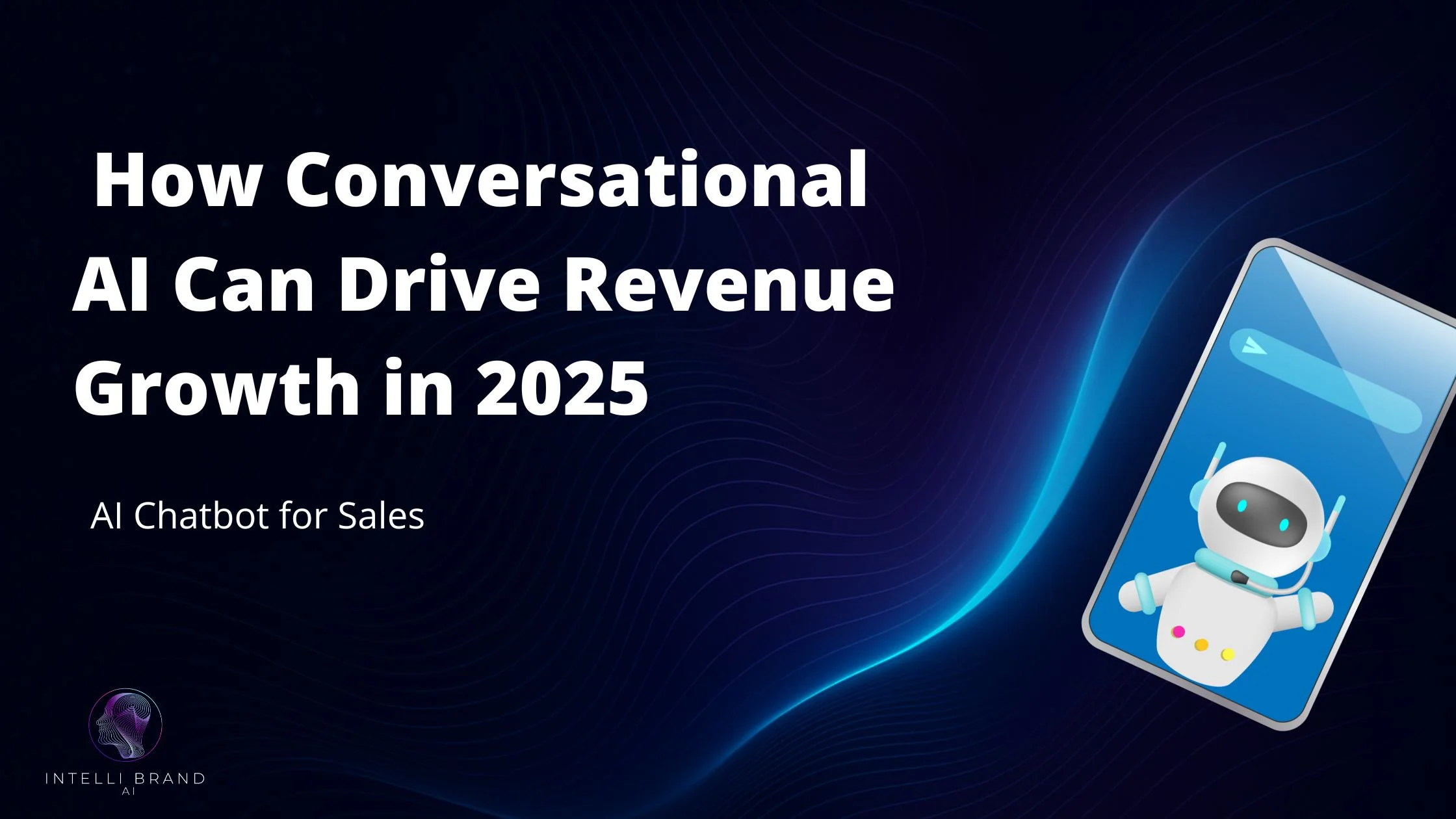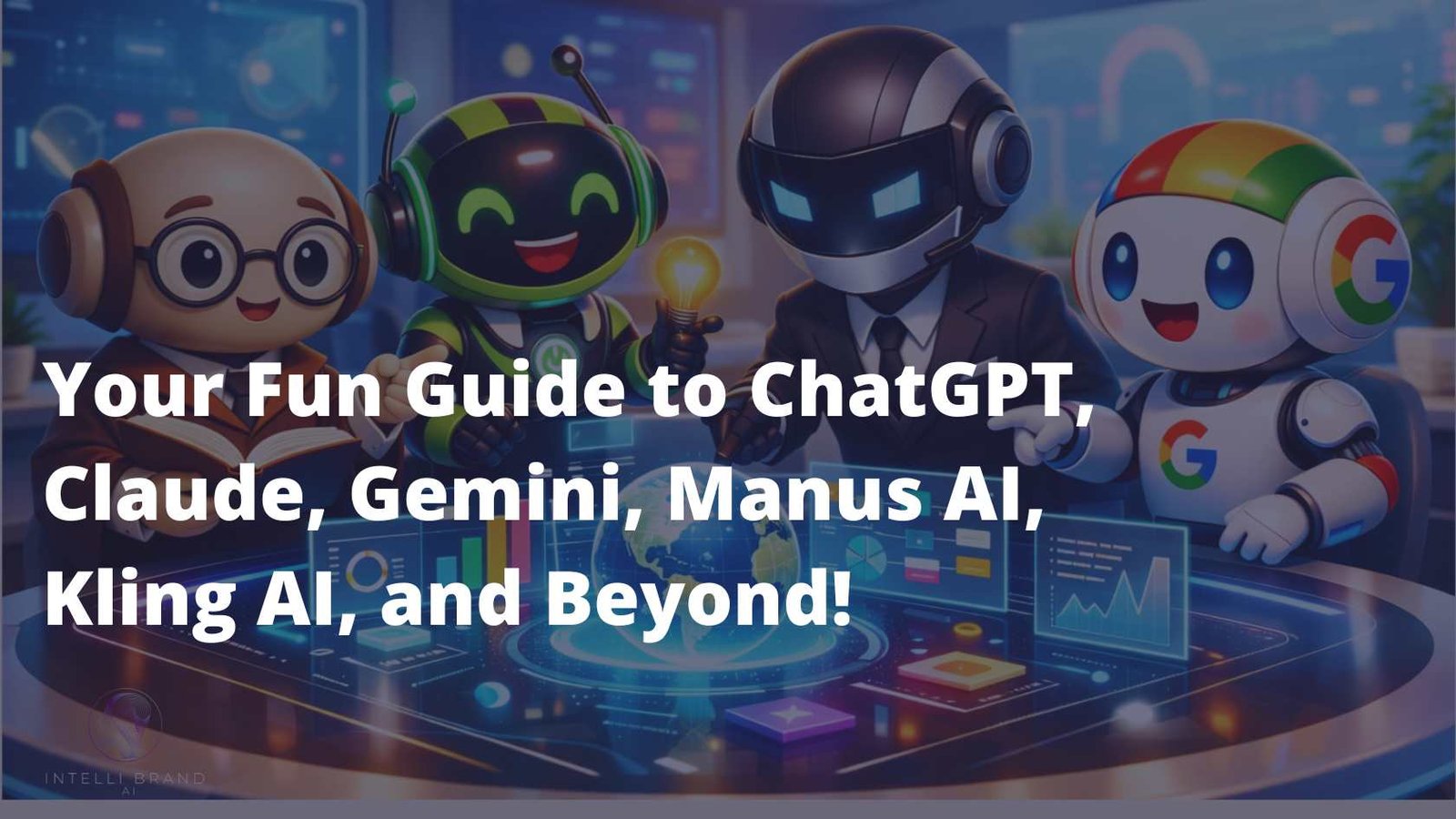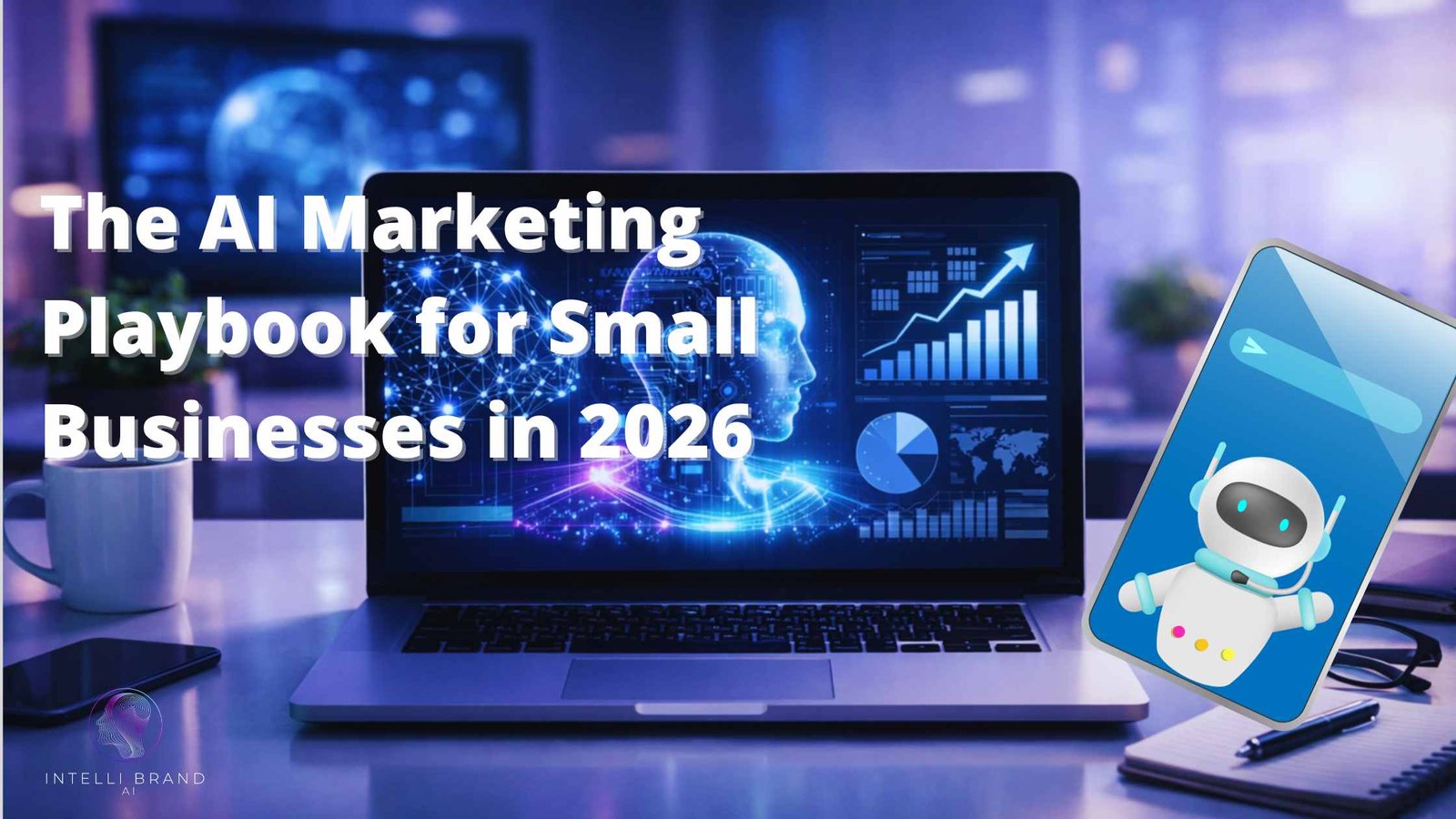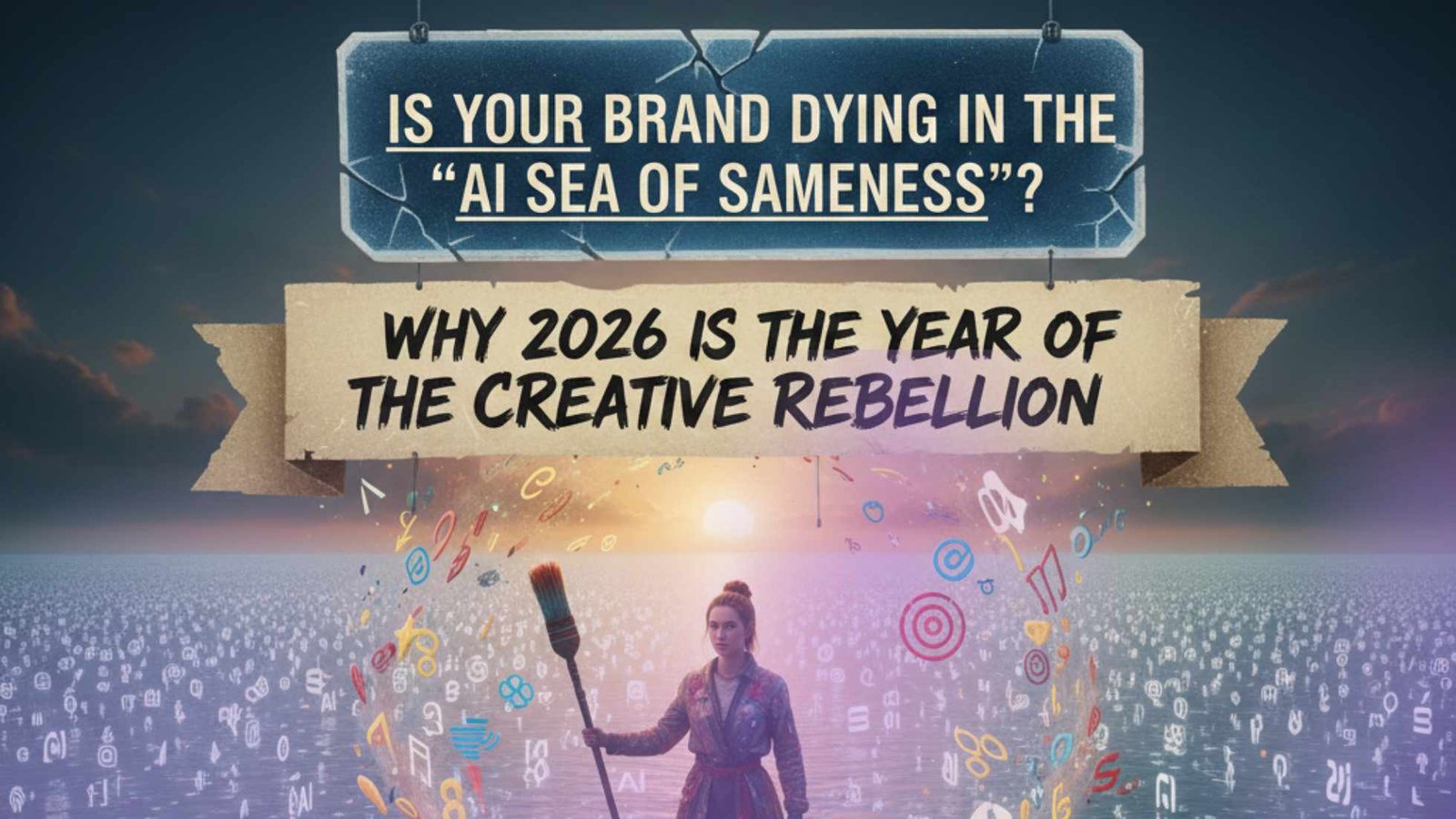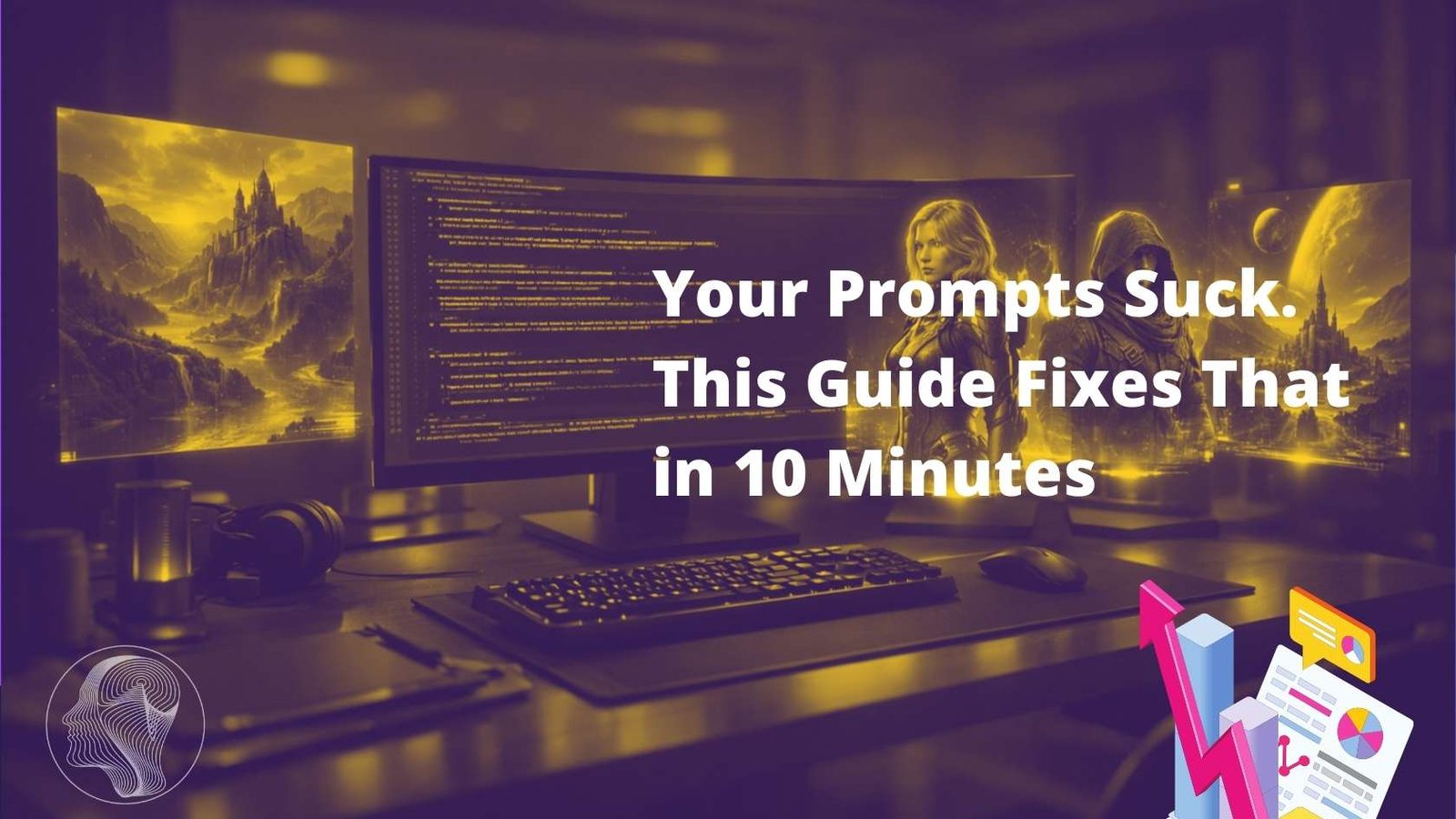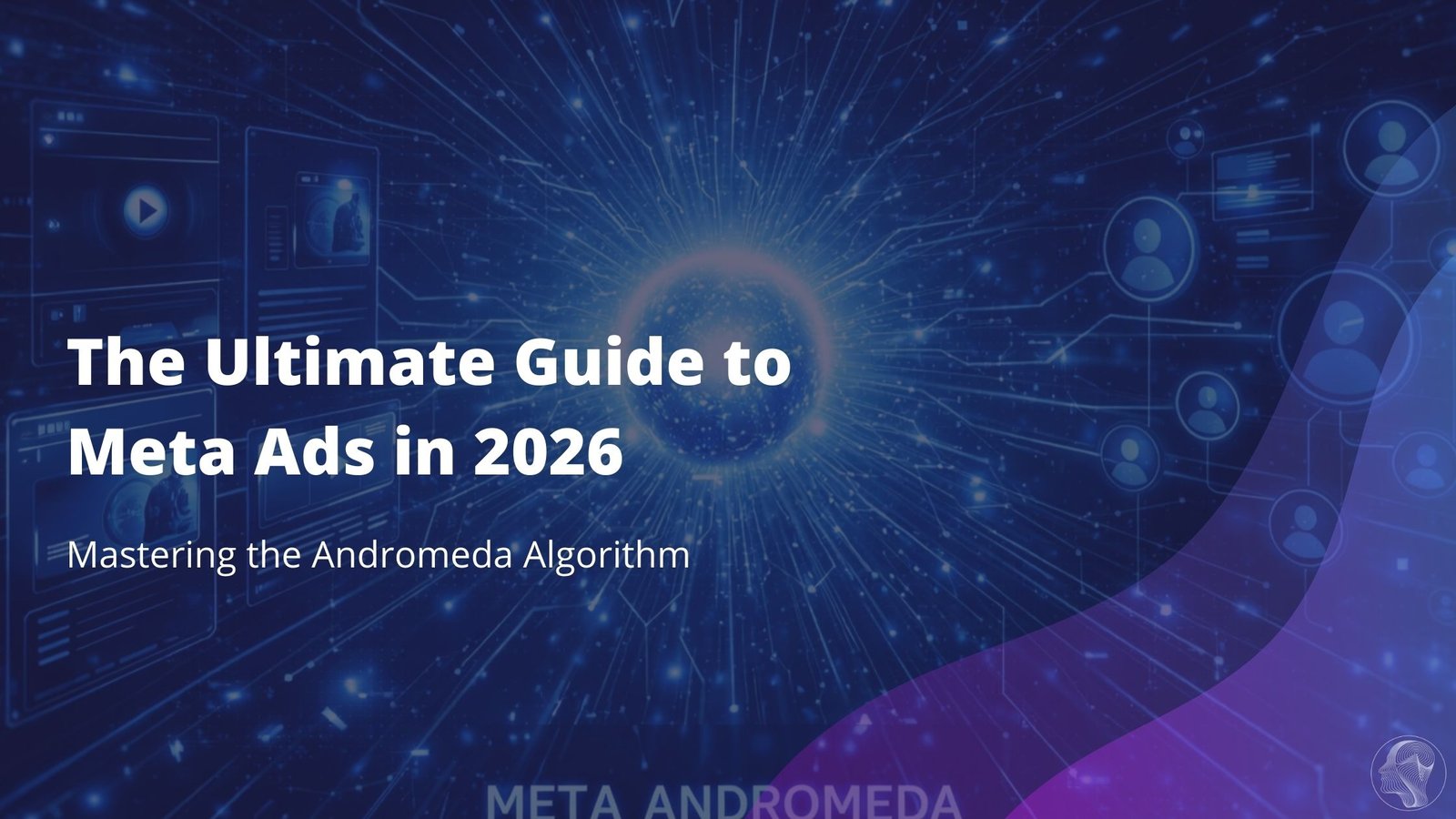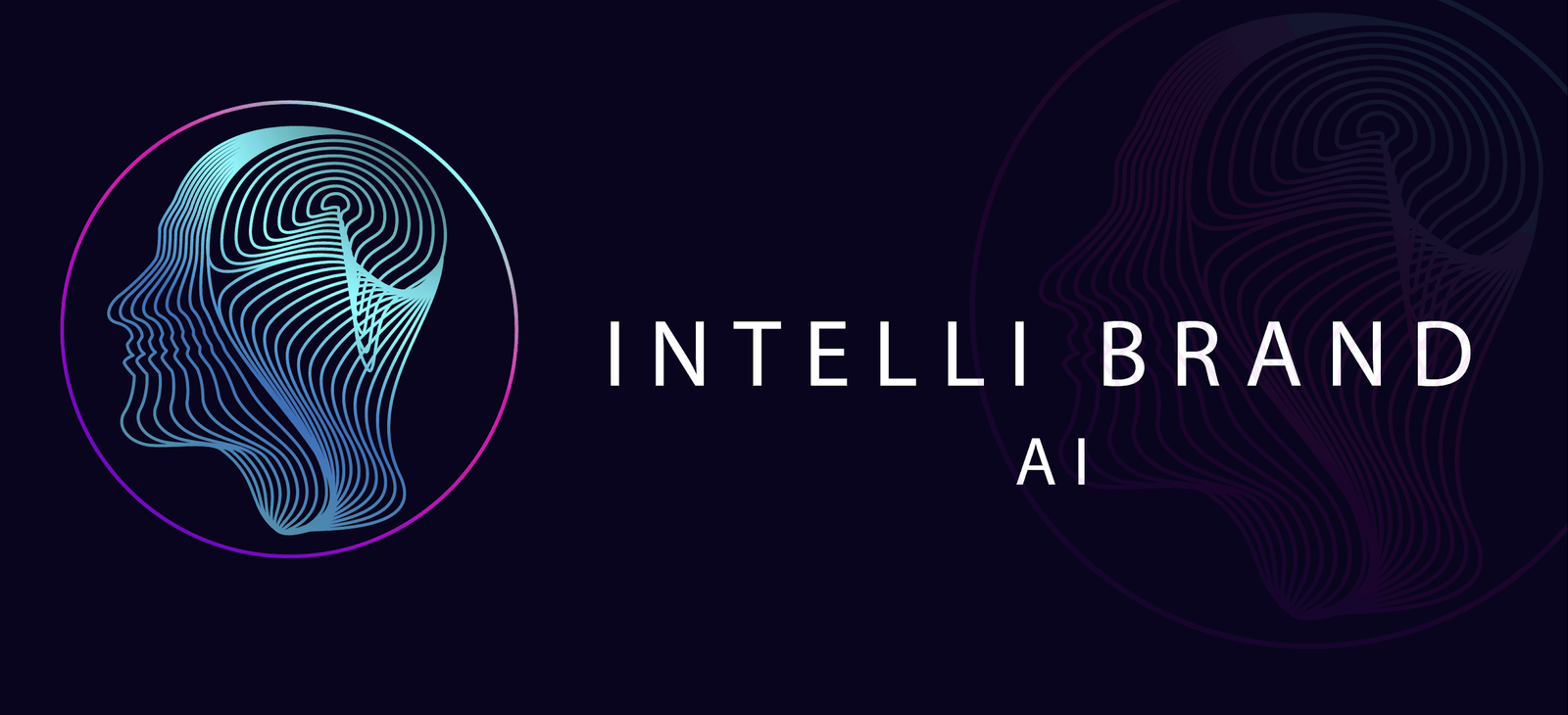Discover how an AI chatbot for sales can transform your business in 2025. Learn the benefits, real-world examples, and how to implement a chatbot that increases leads and conversions.
Table of Contents
ToggleThe New Era of Sales Begins with AI
In today’s fast-paced digital landscape, customers expect instant responses, personalized interactions, and seamless support—24/7. Traditional sales teams struggle to keep up with this demand. Enter the AI chatbot for sales: a powerful tool that’s transforming how businesses engage prospects, nurture leads, and close deals.
Far from being just a support tool, AI chatbots are becoming strategic sales assets. They qualify leads, recommend products, and even trigger buying decisions—automatically. In this article, we’ll explore how AI-powered chatbots work, how they increase revenue, and how to start using one for your business.
What Is an AI Chatbot for Sales?
An AI chatbot for sales is a conversational software solution that uses artificial intelligence and natural language processing (NLP) to simulate human-like interactions with website visitors or customers. These intelligent virtual assistants go far beyond static FAQs—they learn from user behavior, personalize conversations, and guide prospects toward conversion.
Most modern chatbots integrate with CRM systems, eCommerce platforms, and marketing tools to collect data, automate follow-ups, and qualify leads in real-time.
7 Key Benefits of AI Chatbots for Driving Sales
1. 24/7 Lead Qualification
Your sales team sleeps. A chatbot doesn’t. AI chatbots work around the clock to capture, filter, and qualify leads—even while you’re offline. They ask pre-programmed questions, assess intent, and pass hot leads directly to your sales reps.
✅ Intelli Brand AI offers chatbot solutions that integrate seamlessly with platforms like HubSpot, WhatsApp, and WordPress to qualify leads 24/7.
2. Instant Responses Increase Conversions
Speed is key. According to Harvard Business Review, companies that respond within five minutes are 21 times more likely to convert a lead. AI chatbots provide instant answers, reducing bounce rates and encouraging visitors to take action.
3. Personalized Product Recommendations
Using behavioral data and past interactions, chatbots can suggest products or services in real-time, similar to what Amazon does—but now, even small businesses can implement this technology.
4. Automated Follow-Ups
AI chatbots can automatically send follow-up messages via email or WhatsApp based on user behavior. For example, if someone abandons their cart, the chatbot can trigger a personalized reminder with a discount code.
5. Increased ROI from Paid Ads
Why spend thousands on paid ads if visitors leave without converting? AI chatbots engage your traffic proactively, turning more ad clicks into qualified leads and customers.
6. Scalability Without Hiring More Staff
Whether you receive 10 or 10,000 messages a day, a chatbot handles them with the same efficiency. This allows businesses to scale sales efforts without increasing headcount.
7. Enhanced Customer Experience
AI chatbots can handle queries, book appointments, provide quotes, and even close sales, offering a frictionless experience that today’s customers expect.

Real-World Examples: Chatbots That Sell
- E-commerce Store: A Shopify retailer increased conversions by 35% after installing a chatbot that provided shipping info, product suggestions, and discount offers in real time.
- Real Estate Agency: A lead-qualifying bot filtered high-intent buyers based on budget, location, and readiness—saving agents over 15 hours per week.
- SaaS Company: A chatbot integrated with HubSpot pre-qualified over 1,000 leads in 3 months and booked calls directly into the sales calendar.
🔗 Read more: How Intelli Brand AI integrates custom chatbots with CRM systems
How to Implement an AI Chatbot for Sales in Your Business
Step 1: Identify Use Cases
Start by defining what you want your chatbot to do. Do you want it to:
- Qualify leads?
- Schedule consultations?
- Recommend products?
- Answer sales-related FAQs?
Step 2: Choose a Platform
Some of the most popular platforms for sales chatbots include:
- Tidio (eCommerce focused)
- Drift (B2B sales)
- Landbot (no-code solution)
- Custom solutions via agencies like Intelli Brand AI
Step 3: Build the Conversational Flow
Design questions that help your bot understand user intent and guide the conversation toward a specific outcome: booking a call, requesting a quote, or making a purchase.
Step 4: Integrate with Your Systems
Connect your chatbot with your CRM, email marketing, or calendar software. Tools like Zapier or Make.com can automate this process.
Step 5: Monitor and Optimize
Use analytics to track conversion rates, drop-off points, and sales attribution. Over time, refine your chatbot’s performance for maximum ROI.
🔗 Need help? Book a free consultation with Intelli Brand AI’s automation team
Best Practices for Chatbots That Convert
- Use a friendly, brand-aligned tone—not robotic.
- Provide clear next steps: CTA buttons like “Book a Call” or “Get My Quote.”
- Offer multiple language options if your audience is multilingual.
- Combine AI with human hand-off when needed.
- Always include a way to speak to a real person.
The AI Chatbot Advantage
A well-designed AI chatbot for sales can become your highest-performing team member—never tired, always polite, and relentlessly focused on converting leads.
Whether you run an e-commerce site, a service-based agency, or a B2B SaaS company, integrating conversational AI into your sales process is no longer optional—it’s essential.
At Intelli Brand AI, we specialize in building intelligent chatbots tailored to your business goals. Let’s turn your website traffic into revenue—automatically.
💬 Ready to build your own AI chatbot for sales? Contact us today and let’s make it happen.

